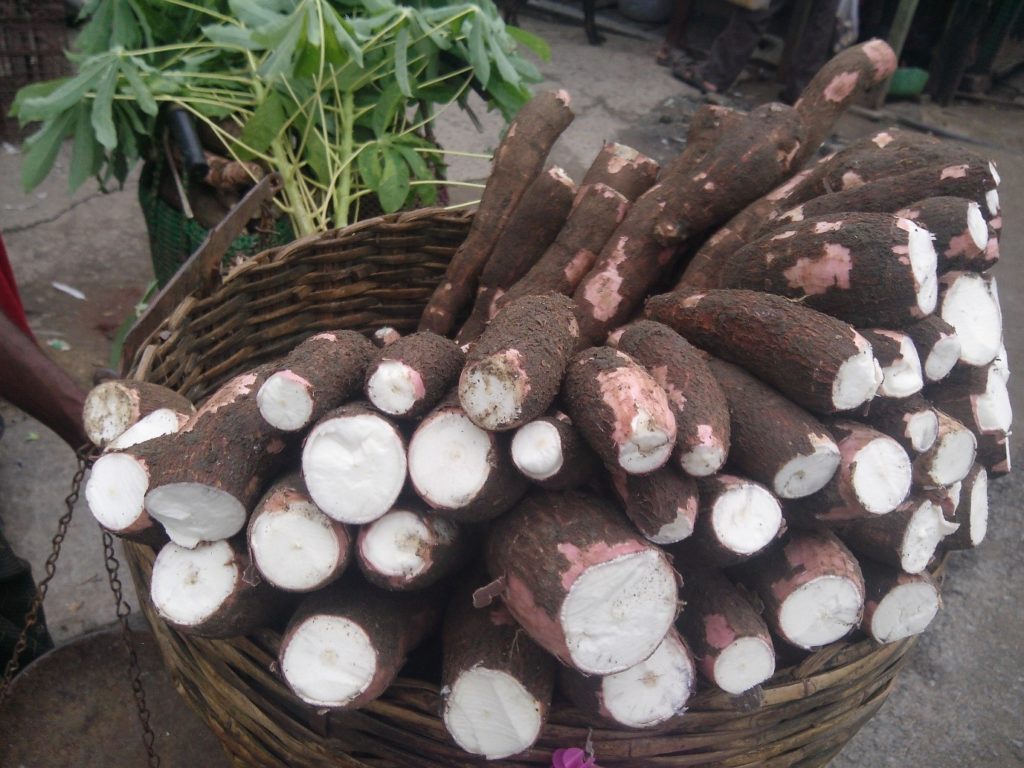LUSAKA, ZAMBIA – the International Labor Organization cites Zambia as one of the five countries where more than half of all rural workers live below the poverty line. Just a few years ago, the average annual income for native Zambian farmers was the equivalent of $500.

Aside from the sickness, isolation, and death resulting from the Coronavirus pandemic, there are also some people who will prosper because of it as the virus changes supply and demand throughout the global economy. Not all of those people are wealthy. Thanks to the NGO, Musika, indigenous farmers in Zambia are beginning to enjoy a level of prosperity they have never previously experienced.
Musika self-describes as “A Zambian non-profit company with a mandate to stimulate and support private investment in the Zambian agricultural market with a specific focus on the lower end of the supply chain.”
Musika is an independent, non-governmental agency owned jointly by the Zambia National Farmers Union, the Golden Valley Agricultural Research Trust, the Grain Traders Association of Zambia, the Indaba Agricultural Research Institute, the Zambia Seed Traders Association, and the Bankers Association of Zambia
The NGO’s goal is “to achieve poverty reduction by making sure agricultural markets work for all stakeholders and, in particular, the rural poor in Zambia.”
When Zambia began to experience drier than usual weather several years ago, Musika encouraged indigenous farmers to plant more drought-resistant crops than the customary maize and rice. They recommended planting sorghum, millet, and cassava instead. As a result, even the poorest of Zambia’s farmers have been blessed with a surprising windfall.
It was one thing to be blessed by having crops that required less water to thrive in a dry climate. The combination of the Coronavirus pandemic and the conversion to raising cassava, as many small farmers have, has proven to be a second and unexpected blessing.
As it turns out, cassavas can be used as a robust source of ethanol that can be used to manufacture alcohol-based hand sanitizer. The demand for hand sanitizer has been so great that the price of cassava flour has increased by more than two-and-a-half times this year alone.
Ironically, Musika invested in an SME (Small Medium Enterprise) that processes cassava flour. That business is now providing a ready market year-round that directly benefits more than 1,000 small farmers in northeast Zambia. The production facility’s capacity has increased from 40 metric tons per month to 200.
Even if the demand for hand sanitizer declines, the cassava flour is still in high demand for its other uses.
One of the best ways of beating poverty is getting paid a fair wage for hard work. If that is true for one farmer, how much greater impact will generate work on a larger scale have? At least 1,000 Zambian farmers and their families will experience significant revenue growth personally and in their communities.
Musika is demonstrating that a well-conceived understanding of market functions, strategic collaboration at the ground level, and investing to drive revenues down to “the roots” can have a significant impact on reducing poverty at both the personal and community level.
Read more news on Zambia and the Coronavirus Outbreak on Missions Box.
GFA’s Statement About Coronavirus
Sources:
- Sight Magazine, Climate-smart cassava gets new use in Zambia: hand sanitizer
- How We Made It In Africa, Cassava gets new use in Zambia: hand sanitizer
- Musika, Official Website
- Innovations for Poverty Action, The Impact of Advanced Payment on Farmer Wellbeing and Company Profitability in Zambia
- J-PAL, The Impact of Food and Cash Loans on Smallholder Farmers in Zambia




